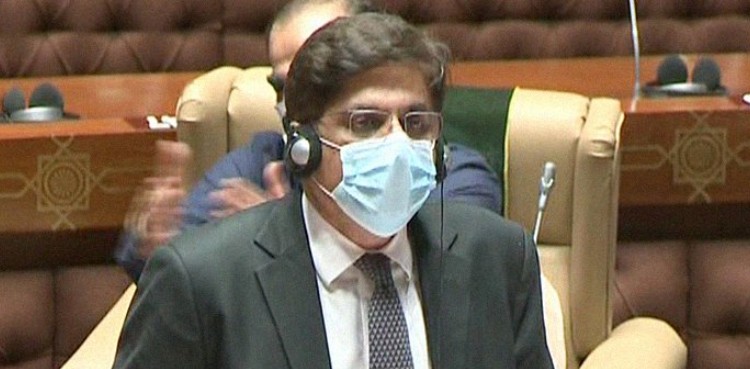
It was the year 1825. A new emperor named Nicholas 1 ascended the throne of Russia, following which a rebellion broke out. The rebellions demanded that the country be modernized so that the industries and civil structures could catch up with the rest of the rapidly progressing Europe. Nicholas 1 being a czar immediately decided to crush the resistance by ordering a death sentence to one of the rebel leaders. On the day of the execution, the rebel leader stood on the gallows with a noose around his neck. The executioner pulled the lever to the trapdoor. As the leader hung down with life choking out of him the rope snapped, sending him to the floor. During those times, a person saved by such an event was usually pardoned as it was thought to be a sign of good omen or good will from the heavens. Taking a sigh of relief and assuming that the pardon will be granted, the fortunate rebel leader stood up and cried out loud to the crowd, “You see, in Russia they don’t know how to do anything properly, not even how to make rope!”. The emperor’s messenger immediately set out to inform him of this turn of events. Despite being angry at the news, Nicholas 1 began to sign the pardon. But then he asked the messenger, “Did the rebel say anything after this miracle?”. To which the messenger replied, “Sire, he said that in Russia they don’t even know how to make rope.” “In that case,” the emperor said, “let us prove the contrary.” He tore up the pardon and the next day the rebel was hanged again. This time the rope did not break.
What moral do we draw from this true story? Surely, once the words are out, we cannot take them back. It is better to control them. Speaking about controlling our words, this reminds us of one of the revelations in the Holy Quran in which the Creator has mentioned the Arabic word وَلْيَتَلَطَّفْ (WALYATALATTAF) from the root word ‘Lateef’ which means ‘gentle’. This word comprising of eight letters is placed in the holy scripture as such that the first four letters are in the first half of the book and the following four are in the second half. Being at the center of the Holy Quran, this word proves to be of great advice, instructing us to be cautious and gentle in our speech and dealings with fellow human beings. Why did the Creator not mention either of the basic tenets of Islam at the center of the Holy Quran? Why was it necessary to lay emphasis on courtesy and gentle behavior at the Quran’s core? Surely, the Lord is guiding us to lead our temporary visit on Earth by being “gentle and cautious” towards people.
The internet, especially the electronic social media, is rife with negative mindsets hurling biting comments, every now and then. Where the current pandemic has brought together people of different ethnicities to help each other, there are still many minds that speak unhealthy sarcasm, discouraging the positive activities and steps being taken by others for greater good. Criticism against the government has become a social norm now. We should have learned by now that the coronavirus pandemic is not able to differentiate people based on their status, position, race, caste, color, creed or sex. Browsing through the pages of history, we come to know that the greatest minds that influenced the world have usually been very careful and gentle with their speech and public dealings. They seldom used their words more than necessary.
Coriolanus, a great military hero of ancient Rome proved to be mighty leader on the battlefield and saved the city from enemies many a times. When he decided to become a political figure, it was his blunt and derogatory use of words in the public that led to his lifelong imprisonment. Since the advent of humans on earth, we have gone to great lengths in taming the wild. Be it the huge elephant on the ground or an orca killer whale in water, man has successfully harnessed their abilities to his benefit. The only beast that remains to be tamed is the tongue. Use of words in a balanced way is the key to gaining influence over people. Our speech can make us or break us. The decision rests with us.
P.S. The Arabic word used in the blog comes from Verse no. 19 of Chapter no. 18 of the Holy Quran, Surah Al Kahf. Please study.














































